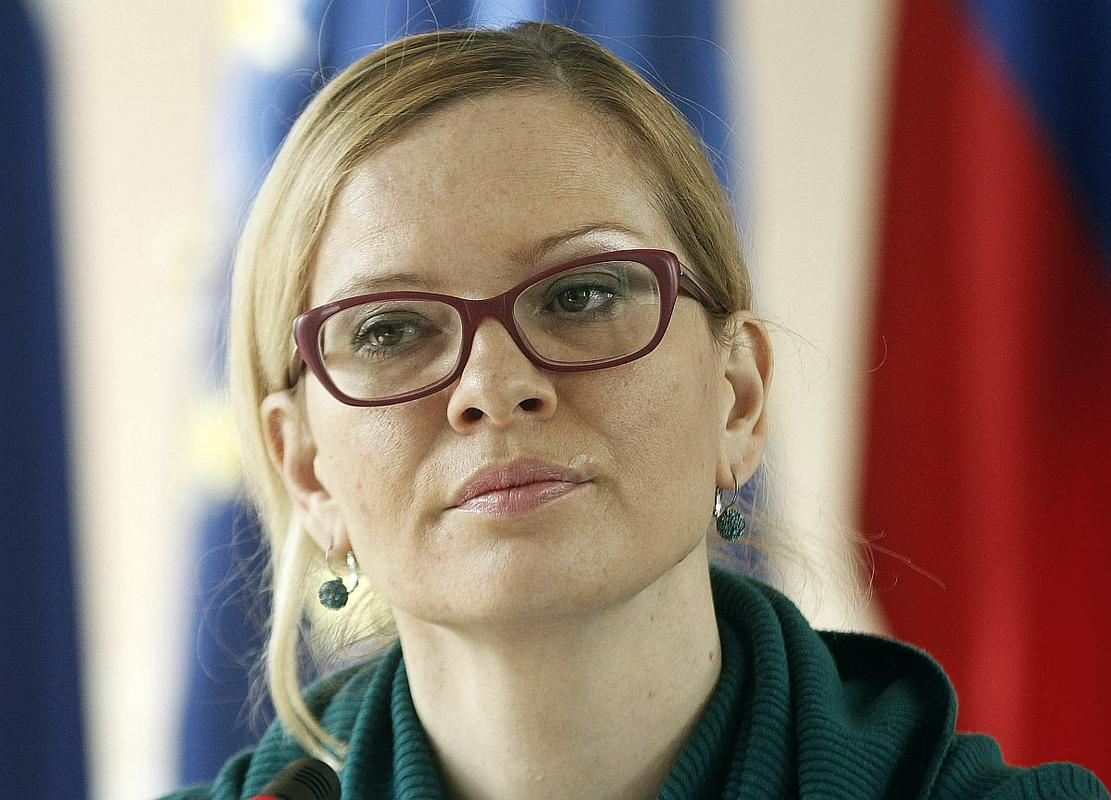

Do you often print a stack of copies for personal use at work? Have you ever taken a company car to go on a trip or to the seaside? Do you ask for the bill if the waiter doesn’t bring it? Have you falsified your bank statement to receive subsidies or financial aid? Do you always meticulously calculate your work travel expenses? Does your landlord have you registered as a tenant? How many times have you called your loved ones from your work phone? Has a friend intervened for you at a ministry or a municipality to get at business deal past a public tender? These are a few examples of unethical deeds that most people have heard about. The so-called micro corruption is common in the public sector, where public money is often abused for personal interest. Western cultures have very clear notions regarding the ethic of individual deeds, whereas other cultures may understand corruption in a fundamentally different way.
Corruption is currently one of the most notorious problems in Slovenia. It can be found at a systemic level, in politics, in public administration. It can also be discussed out of the realm of law: as a cultural phenomenon, a mind-set, unethical cultural and day-to-day behavioural patterns, even as character of simple-minded people who try to legitimise ‘big’ corruption. Everyone is against corruption, but when it comes to us, we often fail to notice our own lack of integrity.
Simona Habič, president of Transparency International Slovenia, agrees that our daily acts – although they’re questionable – often seem self-evident: “People don’t recognise corruption in their daily life or at work; our acts appear to us as self-evident. They don’t seem questionable, we don’t even realise they could lead to other corruptive practices, perhaps also later in our professional life.”
Mayor as local sheriff
“Some mayors who get elected think they’re local sheriffs and that they can distribute the municipality’s money – which, by the way, belongs not just to the municipality but to all taxpayers – according to their interests. A very common example, where people find it logical that the mayor will wangle a business deal, is for the sports societies that the mayor is fond of to get budget money without a public tender,” says Simona Habič, who stresses that by definition of their function mayors should inform themselves about the limits of their authority.
The Commission for the Prevention of Corruption deems the conflict of interest, including clientelism and nepotism in Slovenia, as part of daily routine and a serious problem. In the society these practices often fail to be recognised as corruption and many forms of the latter are not even incriminated. Consequently, tolerance towards these problems is relatively high.
Culture can change
Our unethical acts that lead to corruption are therefore also culturally engrained, since they’re deeply rooted into our habits. Simona Habič believes that the culture can change when individuals change: “It needs to be understood that as individuals we’re part of a system and we can contribute to the changes in the system with our own actions. On the other hand, we have to know the system really well to be able to change it. We have to strive for greater transparency. Not everything is that bad. We have many good practices, good business models. Extraordinary things in the society need to be noticed, too.”
Nina Meh; translated by K. Z.
Do you often print a stack of copies for personal use at work? Have you ever taken a company car to go on a trip or to the seaside? Do you ask for the bill if the waiter doesn’t bring it? Have you falsified your bank statement to receive subsidies or financial aid? Do you always meticulously calculate your work travel expenses? Does your landlord have you registered as a tenant? How many times have you called your loved ones from your work phone? Has a friend intervened for you at a ministry or a municipality to get at business deal past a public tender? These are a few examples of unethical deeds that most people have heard about. The so-called micro corruption is common in the public sector, where public money is often abused for personal interest. Western cultures have very clear notions regarding the ethic of individual deeds, whereas other cultures may understand corruption in a fundamentally different way.

































































